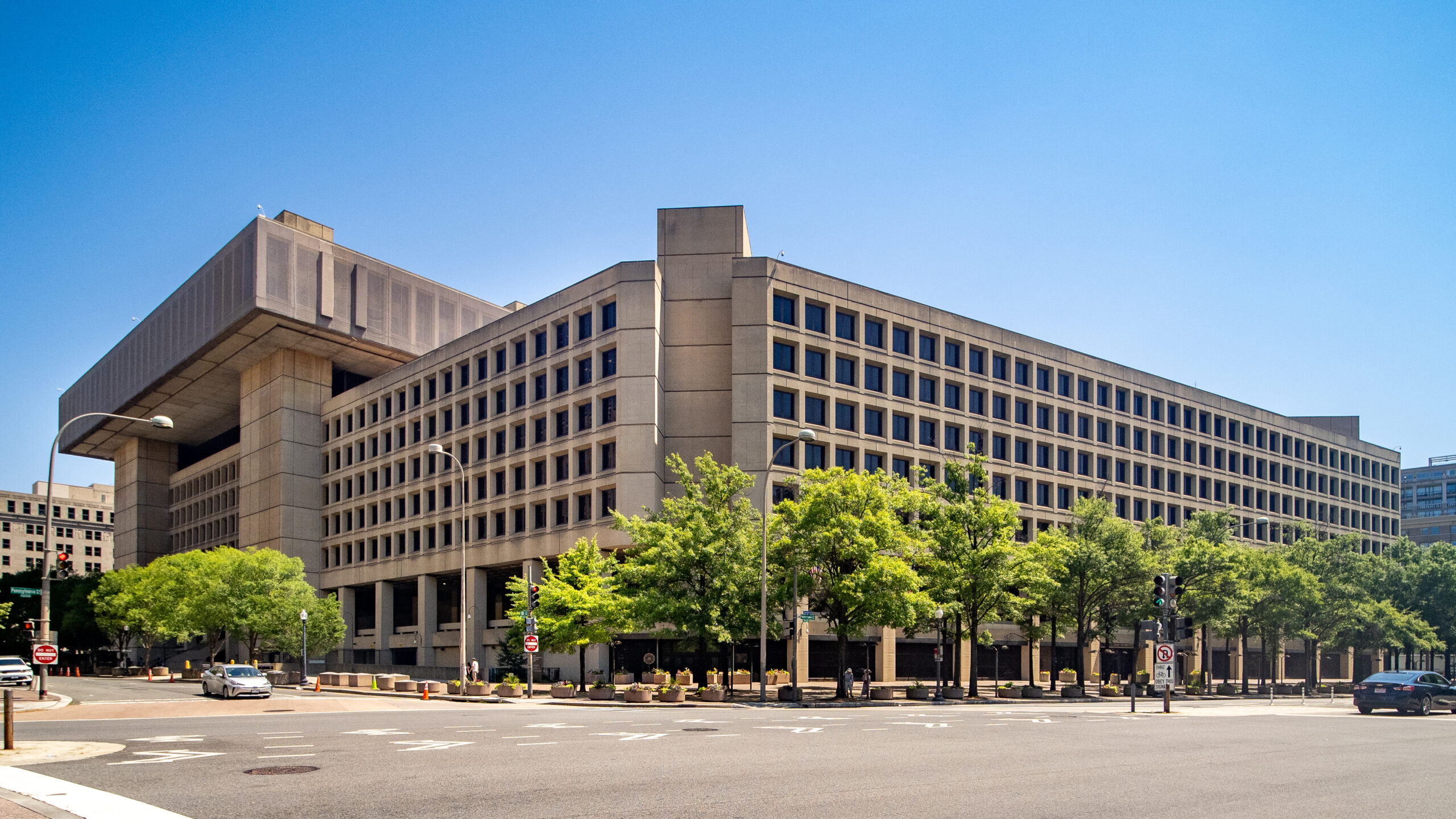The US Securities and Exchange Commission (SEC) has announced its intention to cease its investigation into stablecoin issuer Paxos and will not file an enforcement case. This decision comes after months of scrutiny and legal uncertainty surrounding Paxos and its issuance of the Binance USD (BUSD) token.
According to a July 9 letter from Jorge Tenreiro, the acting chief of the SEC’s crypto assets and cyber unit, the regulatory body will not recommend enforcement action against Paxos regarding BUSD. This decision marks a significant turn in events, especially after Paxos received an SEC Wells notice in February 2023. The notice had claimed that BUSD was an unregistered security and that Paxos had violated federal securities laws.
Paxos’ Response and Stance
Paxos has consistently defended its position that its USD-backed stablecoins are not securities under federal law. In a statement released on July 11, Paxos expressed its relief and satisfaction with the SEC’s decision:
- Statement by Paxos: “Paxos Trust Company has always maintained that its USD-backed stablecoins are not securities under federal securities laws and that the Wells Notice was unwarranted and unjustified.”
- Advocacy for Stablecoins: “We are proud of our relentless advocacy for stable-value digital assets and that the SEC staff determined it will not bring enforcement action against Paxos in connection with BUSD.”
This statement underscores Paxos’ ongoing commitment to promoting stable-value digital assets and maintaining compliance with regulatory standards.
The SEC’s decision not to pursue enforcement action against Paxos has several implications for the broader stablecoin market:
- Regulatory Clarity: The decision provides a degree of regulatory clarity for stablecoin issuers, potentially influencing future regulatory approaches.
- Market Confidence: Paxos’ successful defense against the SEC’s claims may boost confidence among investors and market participants in the stability and legality of USD-backed stablecoins.
The Role of Stablecoins in the Crypto Ecosystem
Stablecoins like BUSD play a crucial role in the cryptocurrency ecosystem by providing a stable store of value, facilitating transactions, and acting as a bridge between fiat currencies and digital assets. The SEC’s decision to drop its investigation reinforces the importance of stablecoins and their regulatory treatment.
| Date | Event |
|---|---|
| February 2023 | SEC issues Wells notice to Paxos, claiming BUSD is an unregistered security |
| July 9, 2024 | SEC announces it will not recommend enforcement action against Paxos |
| July 11, 2024 | Paxos releases statement affirming its stance and advocacy for stablecoins |
The SEC’s actions towards Paxos are part of a larger regulatory trend involving digital assets and cryptocurrencies. The regulatory body has been actively investigating various aspects of the crypto market to ensure compliance with federal securities laws. However, the decision to drop the case against Paxos may indicate a more nuanced approach to regulating stablecoins.
- Increased Scrutiny: While Paxos emerged unscathed, other crypto entities may face increased scrutiny as the SEC continues to refine its regulatory framework.
- Precedent Setting: The Paxos case could set a precedent for how the SEC handles similar cases in the future, particularly regarding the classification of digital assets as securities.
The evolving regulatory landscape for digital assets and stablecoins will likely continue to develop in the coming years. Key areas of focus may include:
- Defining Securities: Clearer definitions and guidelines on what constitutes a security in the context of digital assets.
- Compliance Measures: Enhanced compliance measures for stablecoin issuers to ensure adherence to federal securities laws.
- International Coordination: Greater coordination between international regulatory bodies to establish consistent standards for digital assets globally.
The SEC’s decision not to pursue enforcement action against Paxos marks a significant moment for the stablecoin market and the broader cryptocurrency ecosystem. It highlights the importance of regulatory clarity and compliance while underscoring the ongoing dialogue between regulatory bodies and digital asset issuers. As the market continues to evolve, such decisions will play a crucial role in shaping the future of digital finance.











